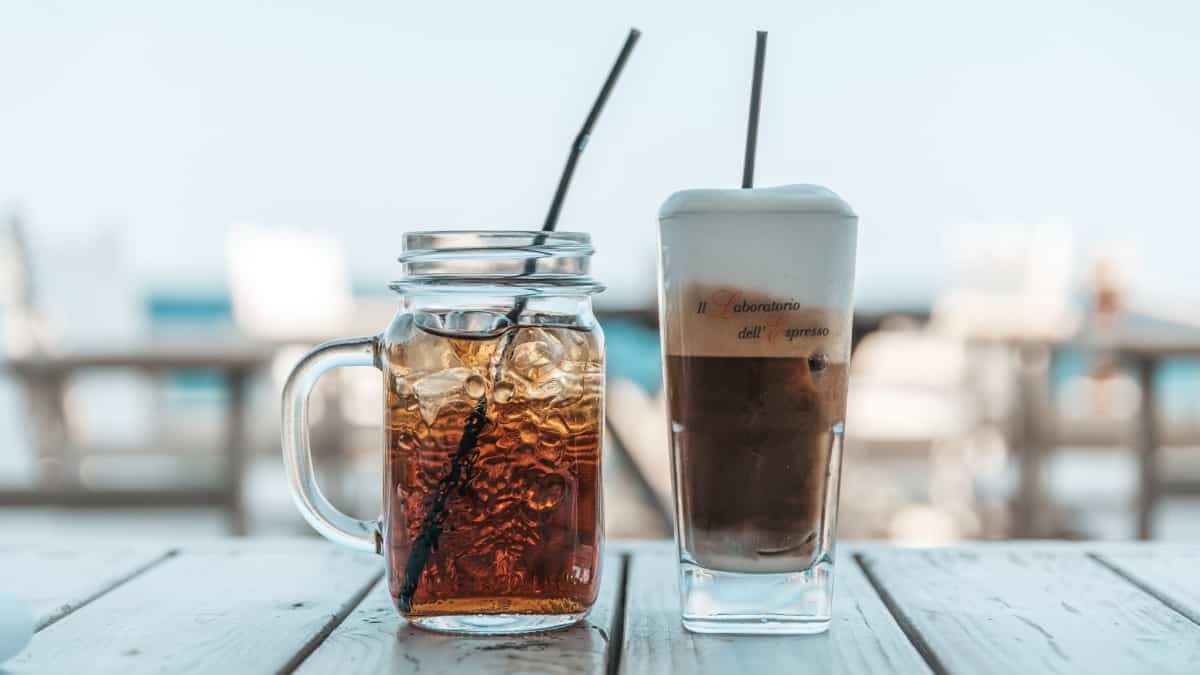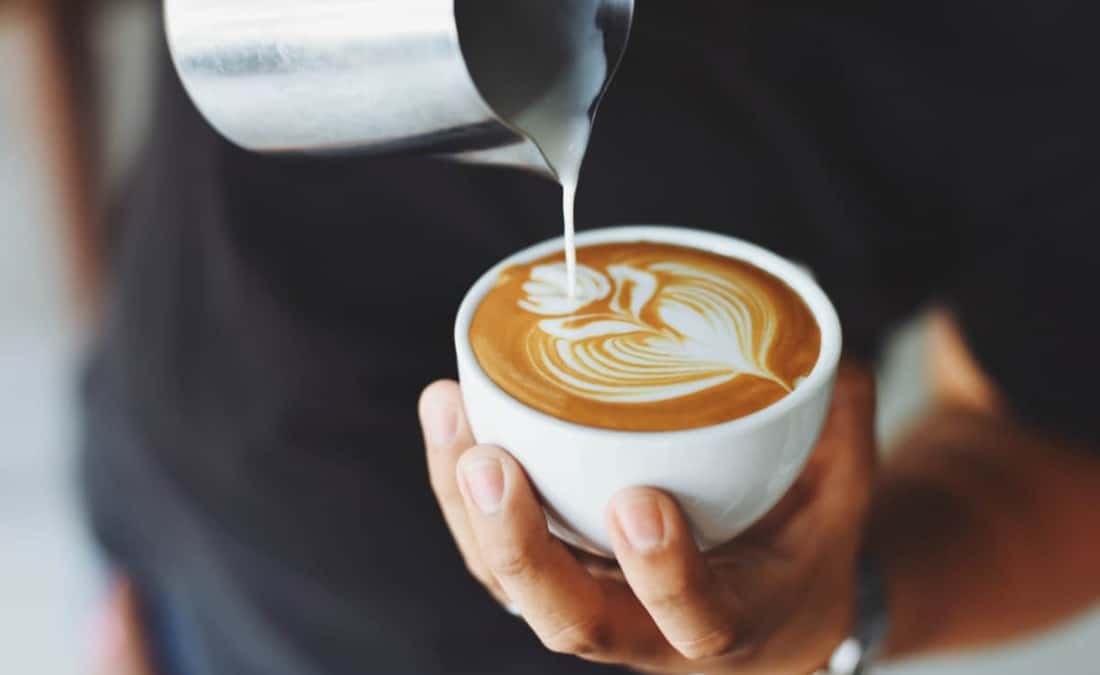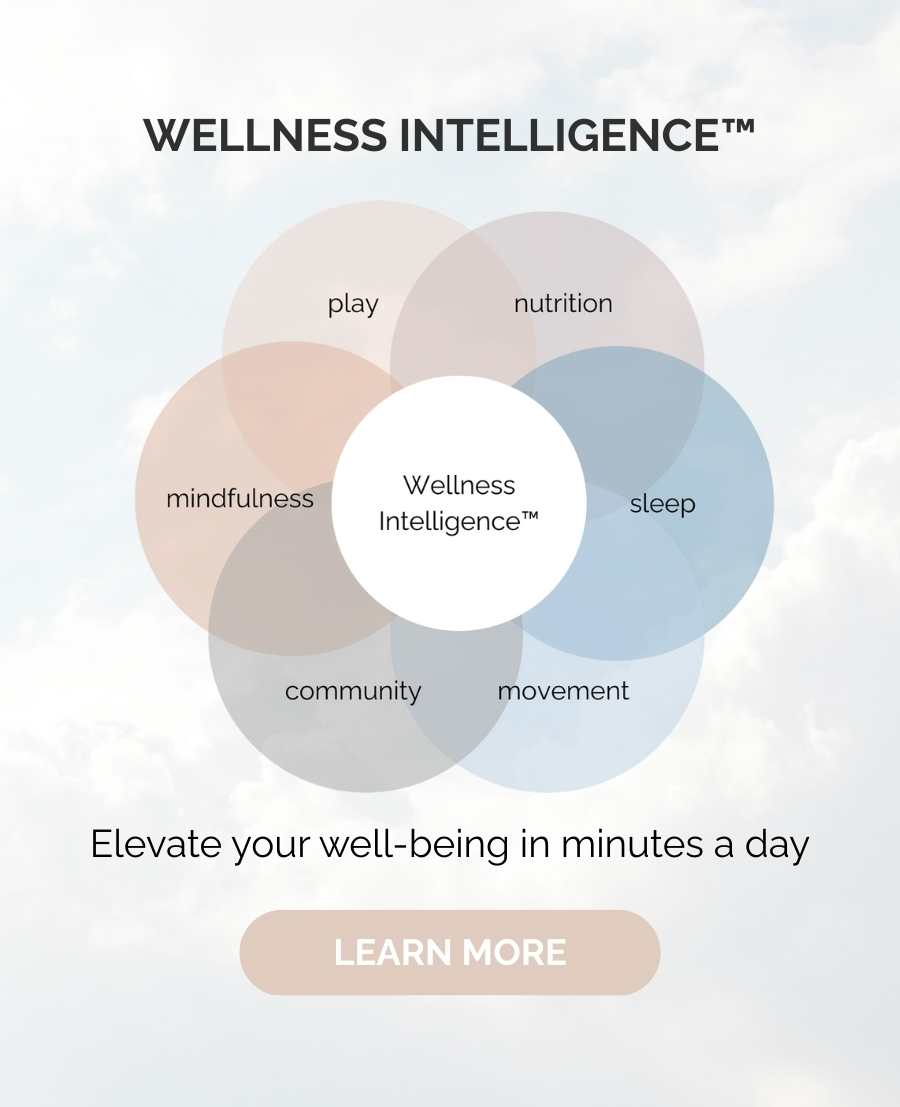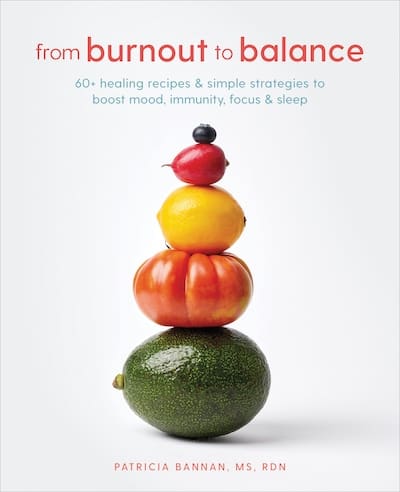Coffee and tea may be different in flavor, but they both offer many health benefits. Here are some tea vs. coffee comparisons, and some caffeine insights for both.
I’ve got good news for you. If you can’t face the idea of giving up your morning cup of coffee—you don’t have to. Plenty of research shows that in moderate doses (say, a cup or two), coffee increases mental alertness and improves mood. Plus, coffee in the morning isn’t likely to affect your sleep pattern at night. But there’s something even better than coffee when it comes to health—tea, the most popular beverage in the world.
Here are some key facts about coffee and tea, how to choose a healthy beverage, and other important things to consider when choosing your morning pick-me-up.
Benefits of Tea
Hundreds of research studies show tea’s health benefits. Tea is linked with everything from better heart health to improved immune function to increasing your metabolism. Tea contains antioxidants called flavanoids, which help protect your body against free radicals. Free radicals cause cellular damage and appear to up your risk of developing conditions like heart disease and cancer.
In addition to caffeine, tea also contains an amino acid called l-theanine that creates a feeling of calm alertness—which is just what you need when you’re stressed and on the go. In fact, I’d say given the choice between tea and water, tea is an even better choice because of its antioxidant boost.
Benefits of Coffee
Coffee is rich in polyphenols, powerful antioxidants that can help reduce inflammation. It also has the potential to decrease risk of some cancers. Coffee is a popular substance among athletes and gym-goers to boost physical performance, alertness, and stamina. It also contains potassium, which is a nutrient many Americans aren’t getting enough of in their diets.
 Caffeine in Tea vs. Coffee
Caffeine in Tea vs. Coffee
While a little bit of caffeine can help improve mental alertness and mood, you can have too much of a good thing. Here are how the two beverages compare in caffeine amounts.
Caffeine in Tea
Tea typically contains less caffeine than coffee —a cup of brewed tea has about 53 grams of caffeine while a Snapple Lemon tea has about 100 grams. For comparison, most sodas have about 50 grams of caffeine per 12-ounce can while one 8-ounce can of Red Bull has about 80 grams. Black tea typically contains the most caffeine. English Breakfast and Earl Grey are popular black teas.
Caffeine in Coffee
A typical cup of brewed black coffee has about 133 grams of caffeine, while a grande brewed coffee at Starbucks has 320 grams. The same size at Dunkin’ Donuts has 206 grams of caffeine. Different types of coffee beans contain varying amounts of caffeine.
If you’re a coffee lover, you’ll want to try these Banoffee Breakfast Cookies with Espresso Drizzle.
Caffeine Tolerance
Many people wonder if you can build up a tolerance to caffeine over time. The answer is yes. In other words, the more caffeine you consume regularly, the less impact it may have. However, it’s worth noting that some people have a “caffeine gene” called the CYP1A2 gene that can make a big difference in how someone metabolizes caffeine.
How Much Caffeine is Too Much?
The Dietary Guidelines for Americans 2015-2020 recommend state that “moderate coffee consumption (three to five 8-oz cups/day or providing up to 400 mg/day of caffeine) can be incorporated into healthy eating patterns.” Excessive everyday caffeine consumption can dehydrate you, cause stomach problems, or cause headaches from withdrawal when you don’t consume your usual amount. If you notice these kinds of symptoms, gradually reduce your intake to reduce your reliance on it to get through the day.
Choosing a Healthy Coffee or Tea
If you drink your coffee or tea “straight up,” (i.e., no added cream, sugar, or other ingredients), it’s also nearly calorie-free. But if you prefer lattes, mochas, or Frappuccinos, it may be worth taking a look at the additional calories and nutrients that come along with them. For example, a “Grande” (small) mocha Frappuccino blended coffee at Starbucks contains 260 calories while a small latte contains 190 calories. Larger drinks and higher-sugar versions can contain twice that. These drinks can also be hiding a lot of saturated fat and sugar. If you like sweeter beverages, try asking for fewer pumps of the sweetener. Or, opt to put in your own sugar – you’d be surprised how many sugar packets it takes to get that same sweetness!
If you’re making a coffee or tea beverage at home, opt for non-fat or low-fat milk, or a healthy milk alternative. Gradually add in sugar to see how much you really need! Bottom line – whether you prefer coffee or tea, both are great options.
Do you like coffee or tea better? What’s your go-to morning brew?


 Caffeine in Tea vs. Coffee
Caffeine in Tea vs. Coffee



